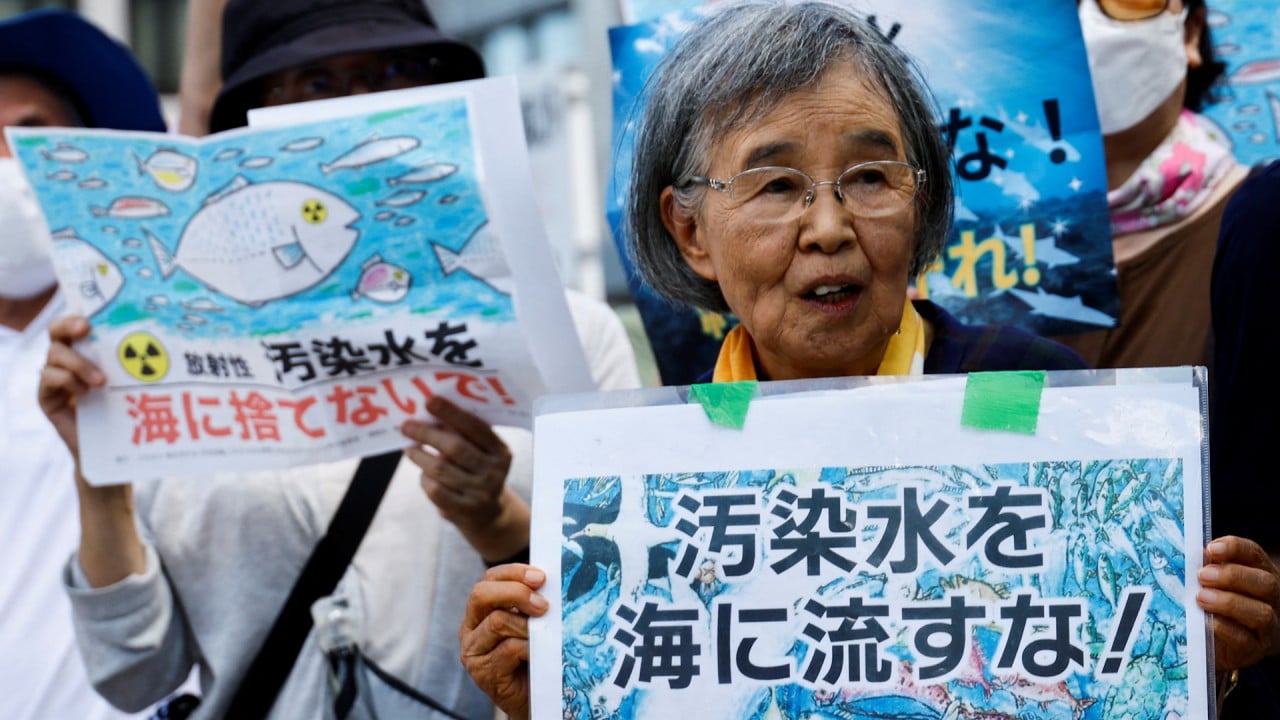
China plans to tighten environmental regulation of deep-sea fish farming
- Coastal regions will be urged to speed up introduction of standards for discharging contaminated water, monitoring to be improved
- China is the world’s largest producer of farmed seafood and is seeking to expand the industry to meet the nation’s food security needs
Hu Songqin, an official with the Ministry of Ecology and Environment, on Monday said coastal regions would be urged to speed up the introduction of local standards for discharging water contaminated by aquaculture.
Hu also said the monitoring system for contaminated water would be gradually improved nationwide, environmental regulations would be strictly implemented and inspections carried out.
“We will continue to work with the Ministry of Agriculture and Rural Affairs and other relevant departments … to promote the green development of the mariculture industry,” Hu told reporters in Beijing.
China sees the ocean as an important and sustainable source of protein to feed its 1.4 billion people, and has been the world’s largest producer of farmed seafood for more than three decades. In 2016, it produced more food from the sea and fresh water than the rest of the top 10 countries combined.
But distant-water farming only accounts for a small proportion of China’s aquaculture production. Last year, the nation’s deep-sea aquaculture output was about 390,000 tonnes – about 1 per cent of the freshwater output.
The agriculture ministry said earlier this month that there was potential for the industry to expand in deep-sea waters.
“[We should] ask not only the land but also the ocean for food … and build the blue granary,” Xi was quoted as saying by the official Southern Daily newspaper.
That was followed by the release of the country’s first guidelines on deep-water aquaculture in June, encouraging the development of deep-sea fish farms with a breeding volume of over 10,000 cubic metres, and calling for the industry supply chain to be developed.
The environment and agriculture ministries had released separate guidelines last year aimed at reducing the pollution and environmental damage caused by the aquaculture industry. Those guidelines called on authorities in coastal provinces to set local standards for the discharge of contaminated water and to carry out monitoring of that water.
Hu said the environment ministry would use satellite remote-sensing technology to support monitoring and regulatory work.
She said the ministry would also take measures to reduce the level of pollutants in nearshore waters and improve water quality near fish farms.
“We will further reduce the discharge of nitrogen and phosphorus from rivers to the sea … and strengthen environmental regulatory measures for mariculture,” Hu said.



.jpg?itok=t8OJmsoF)